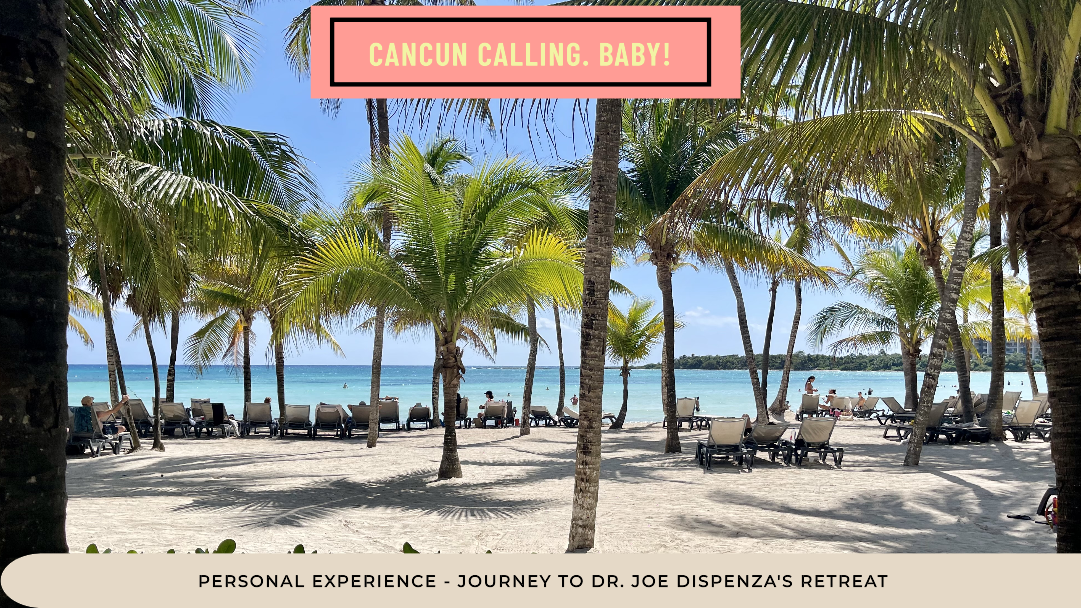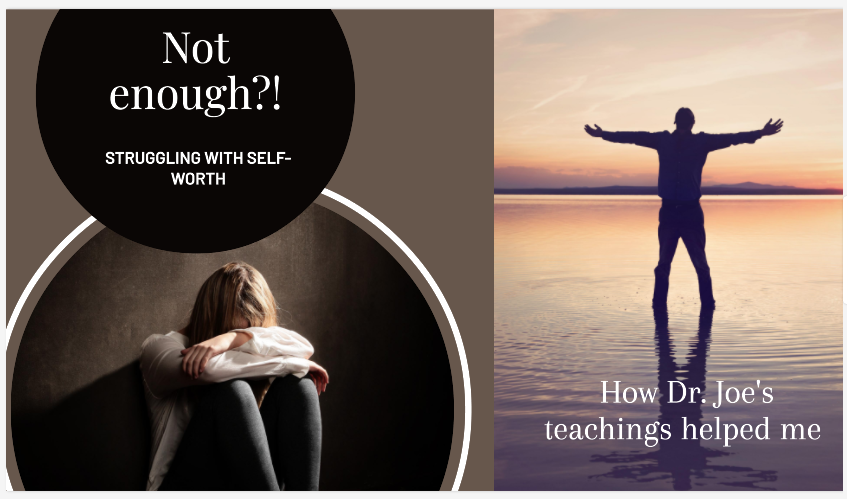
Prepare yourself well and take a leap of faith.
1. What are the up and downsides of freelancing?
My favorite upside which comes with this working model is the freedom of choice. Which project I choose, where I work, with whom I collaborate, when I put the time in and when I do other things, like writing books. My permanent employment never offered me this degree of freedom. Other significant benefits to mention, are: You are your own boss, the ‘extra mile’ is only for yourself, you decide who gets the bonus 😉 and income can be significantly higher.
But with ‘freedom’ on the one side of the coin, there is ‘lack of security’ on the other. That’s what, from what I’ve seen, is holding back most people from starting a freelance career/ their own business, and which I also had to overcome — mainly by having a solid foundation, a well-thought-out strategy and with a leap of faith ‘that it will all work out well’. The downsides I see are that you are not embedded in, nor have the shared resources of a company culture/team, you will not have ‘standard career progression visible on your CV’, you probably will miss out on development and mentoring by seniors (if you don’t proactively look for it) and, generally, it’s a bit lonelier than being part of a fixed structure/ hierarchy and more “risky”.
2. Is freelancing a ‘feast and famine’ existence or is it fairly stable?
I experienced both. However, I think it totally depends on your skillset. A person who offers DevOps will probably not experience a huge lack of orders, whereas a young person who studies economics with little work experience, will need to make a bigger effort to find her/his niche, pack the CV full of referrals and get going. Hence, there is no answer for all. However, I recommend checking out the market first, to see which of your talents are most needed, well-paid for, and what you like to do. Then, create a well-rounded offering out of this list and get started testing the waters.
3. How does freelancing affect your relationship with a client/company compared to being a permanent employee?
Not that much, I would say. Either you are assigned to a client team, or in another consulting team which works for the (end) client. There is little difference towards any other staffing from my previous experience. The only — and major — thing that is totally different is how I act and behave. Firstly, all the people around me are my clients and I may have to take care of (occasional) conflicting demands and priorities of clients and end clients. Secondly, I am my own boss. Hence, I must keep my business running: I need to sell, I need to expand my network — and I pay more attention to have a remarkable and rememberable footprint everywhere I go and then to keep the (business) connection alive. It’s more vital and important to be visible and excel in your work — and private life. In my previous employment, I was rooted in a well-known company with a long history and a strong brand —customer come to you, so to speak. That made a huge difference how clients and I behaved, as trust in the future deliverables was always there, based on the company’s existing reputation. It’s not that I didn’t care, but now I care differently. It’s all about me, my person, my values and my company, which need to offer things that are in line with the person who I truly am (And I’m loving it. It makes me so much more responsible for all, and hence even more engaged in all.)
4. What is your advice to anybody considering a freelance consulting career?
I’d like to point out three things:
After that is done and you are up and running, I recommend focusing on creating a handful of trusted long-term relationships with clients (recurring clients), as I’ve seen this as the winning strategy for multiple small boutique consultancies to keep their business and cash flow running.
5. What would you have done differently?
Firstly, build prospective client relationships as early as possible. For example, I never kept in so close contact with clients of my former employer, where I worked on project assignments. I know it’s tough to do so while you are working for an employer — you basically represent them not yourself — but a list of people who might buy your product/service or are willing to make a referral, would create a far smoother starting point than no list.
Secondly, know your power-work-modus. For me, I would not travel as much as I did in 2021. It was extremely valuable for my personal development and career as coach but the digital-nomad-living-work-modus did not help me that much to build a strong business backbone for a consultancy. Now, I have proper routines and an own office space where I can go every day to get things done.
Thirdly, stay in a learning mindset, aka. a curiosity mode. Don’t expect the first shot to be a big one, don’t get tired of continously redefining and sharpening everything on-the-go, and don’t fall for a ‘fancy coach’ who promises you, using his unique framework, you will make millions in just 6 weeks (but either don’t hesitate to get a mentor/ a business coach who has successfully done what you aspire to do). Maybe that works for a very few people, but for most of us, it’s consistent work for something we believe in and what we love to do.
Last but not least, having strong faith and an unshakable belief in yourself that all will work out in your favor. If you don’t have that, you can get very easily nervous, as I did in the beginning. Because you cannot go to the known people around you for advise or to soother you – mostly they already think that you’ve gone crazy… So, the strongest thought and feeling in yourself should be the unshakable belief that you can make it, because you can – and because the Universe favors courageous people. That’s a fact, because it’s how growth is ensured. If you’re not there yet, just get started anyways, try to trust and know you have to/ will learn it on your path.
I hope you enjoyed reading this article. Leave me a like or a comment.
Background on Sabrina:
Sabrina Schewtschenko is an author, career coach and senior manager, formerly working for a large strategy consulting house and has been freelancing for about 2 years now. Lately, she founded her own boutique consultancy ‘Eagle Business Consulting FZCO’ in Dubai. As CEO and Managing Director she set the vision to focus on helping companies to disrupt themselves before others do.






Copyright © 2024 ZebraEinhorn. All rights reserved.